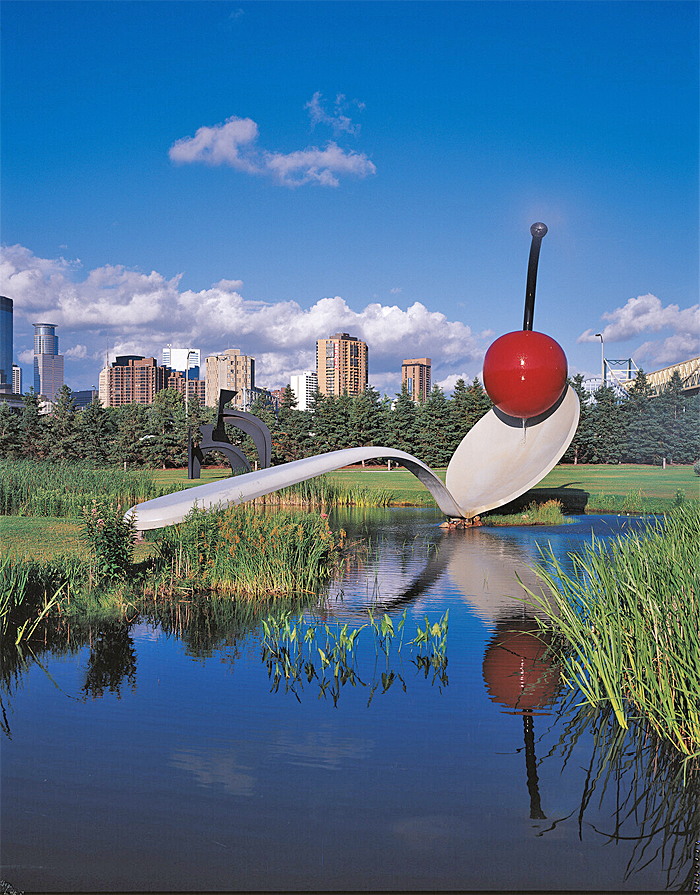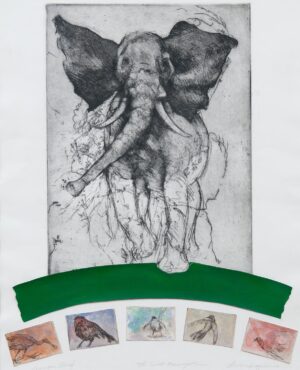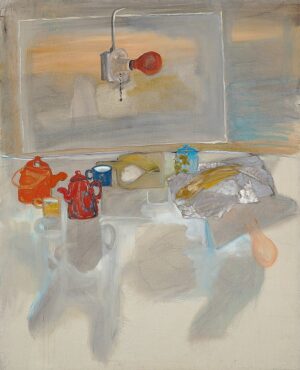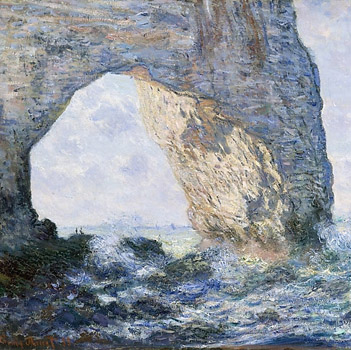The Terrain Gallery
of the Aesthetic Realism Foundation
THE TERRAIN is the first gallery to show the inextricable relation between the technique of art and people’s lives. Since its opening in 1955 in New York City, it has presented exhibitions of contemporary paintings, prints, drawings, and photographs, with comment based on Aesthetic Realism, the philosophy founded by Eli Siegel, and on his historic Fifteen Questions, Is Beauty the Making One of Opposites? * Among the artists exhibiting have been Will Barnet, Robert Blackburn, William Clutz, Lois Dodd, William King, Andre Kertesz, Chaim Koppelman, Dorothy Koppelman, Peter Passuntino, Stephen Poleskie, Elfi Schuselka, Richard Sloat, George O. Stadnik. *See also en Español and in Italiano.
— CURRENT EXHIBITION —
Five Artists—& the Opposites
GALLERY HOURS: WED, FRI, SAT 1-5 PM

We’re proud to present work by five artists—some figurative and some abstract, each uniquely individual. Yet, with all their difference, their power as art is explained by this landmark principle by Eli Siegel, founder of the philosophy Aesthetic Realism:
All beauty is a making one of opposites, and the making one
of opposites is what we are going after in ourselves.
People throughout the centuries have hoped to understand what beauty is and why art matters. That hope has been met at last. more
— ARTISTS—
CHAIM KOPPELMAN / ELFI SCHUSELKA
FRANCINE HERNANDEZ
JAMES JUTHSTROM / DOROTHY KOPPELMAN
Online Classes in the Visual Arts & Film—
The Visual Arts & the Opposites
- Jan 25 : Monet and Venice – Brooklyn Museum Learn more.
“If It Moves, It Can Move You”: Opposites in the Cinema
- Jan 28: Children Want to See the World as Friendly—The Cinema Shows This Learn more.
Eli Siegel on Aesthetic Realism & the Visual Arts:
- Art as Composition, Art as Criticism, Art as Happiness—& more, Aesthetic Realism art essays by Eli Siegel.
- Beauty—& Jackson Pollock, Too – 1955 essay by Eli Siegel reprinted in Sotheby catalog Nov. 11, 2015.
- “The World of Art” Interview of Eli Siegel, speaking on Aesthetic Realism: WKCR-FM Columbia University Radio.
- How Aesthetic Realism Sees Art – TRO #2063 begins serializing this lecture by Eli Siegel; Ellen Reiss, Aesthetic Realism Chair of Education, writes on the Terrain Gallery.
- The Opposites Theory by Eli Siegel, a major work on all the arts serialized in TROs #1686 – 1700.
In the News:
THE CHAIM & DOROTHY KOPPELMAN FOUNDATION, established to exhibit and preserve the works of these two major 20th-century American artists, has launched a major website containing works by printmaker Chaim Koppelman (1920-2009) and painter and founding director of the Terrain Gallery, Dorothy Koppelman (1920-2017). It presents, too, some of their powerful, profoundly thrilling writings on art, arising from their study of the philosophy Aesthetic Realism with the great American poet and critic Eli Siegel. read more
Aesthetic Realism Art Criticism:
Le Corbusier
Le Corbusier & the Debate in People between Coolness & Warmth by Dale Laurin, RA. Presented at the Annual Conference on Architecture, Athens, Greece. “The sculptural power of Le Corbusier’s buildings stirred me from the first photographs of them I saw…”
Claude Monet
We feature a thrilling, landmark talk by artist and critic Marcia Rackow: Claude Monet—Does Art Answer the Questions of Our Lives? during the important exhibition “Monet and Venice,” at the Brooklyn Museum through February 1, 2026.










